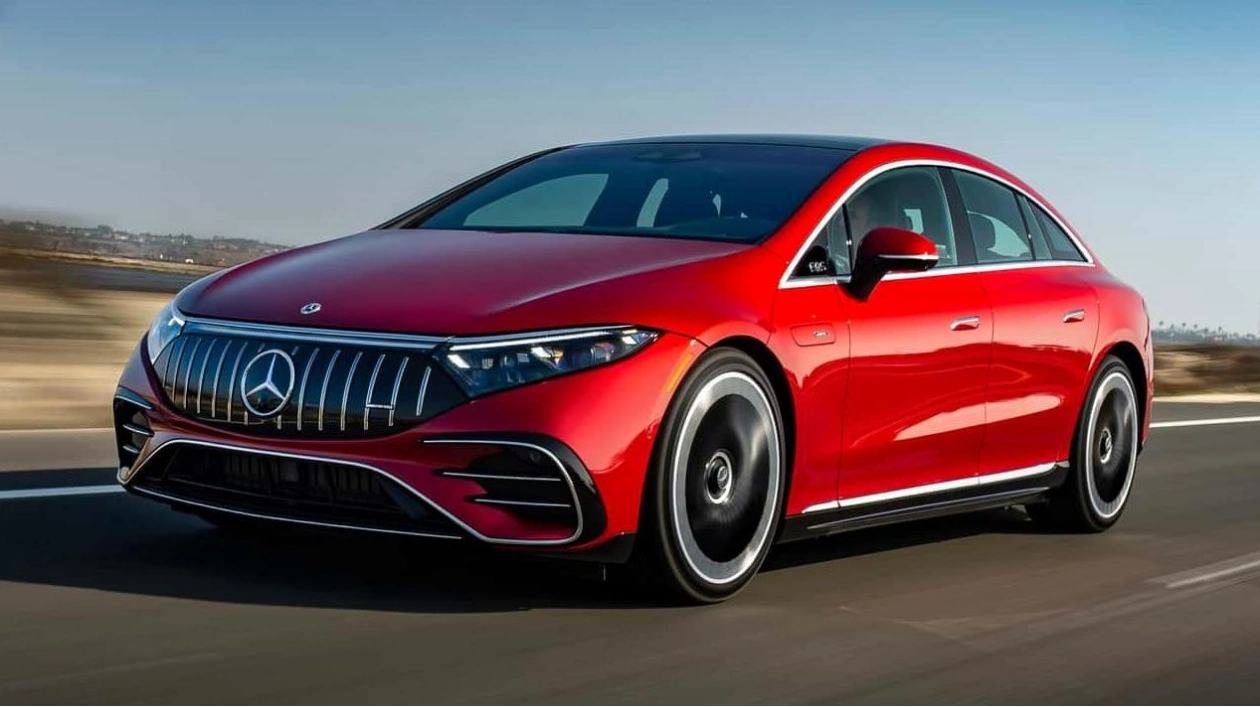Mercedes is facing challenges with its electric vehicle lineup. The company recently reported US sales for the third quarter, revealing another three months of declining sales for the EQB, EQE, and EQS. Sales of these three models have dropped by 42 percent in Q3 2024, from 9,984 units sold last year during the same period to just 5,769 units this year. Mercedes does not provide sales breakdowns by body style, so it's unclear whether the SUV versions of the EQE and EQS are performing better than the sedans. Regardless, the EQ brand is not faring well. This quarter was somewhat different from Q2, when the smallest EV, the EQB, saw a significant sales boost in the spring. However, all three models are down year-over-year, with the EQS experiencing the steepest decline, losing 50 percent of its sales compared to last year.
Mercedes acknowledges that its EV strategy did not meet expectations. Earlier this year, the company admitted to being overly ambitious about its electrification goals, leading to the cancellation of its planned large EV platform, which was originally set to debut in 2028. In May, CEO Ola Kallenius confirmed a shift in strategy, similar to BMW's approach, offering both EV and gas-powered versions of the next S-Class instead of a new EQS. Mercedes-Benz EVs were not the only models struggling this past quarter. The E-Class, which received a major refresh just two years ago, saw a 51 percent decline compared to the same period last year. The SL convertible fared even worse, with sales dropping by 81 percent during the same timeframe.
Despite these setbacks, total sales for Mercedes increased by 11 percent compared to Q3 2023, largely due to the manufacturer's extensive SUV lineup. The CLE two-door, an all-new model for this year, has been a standout, with over 10,000 units sold so far in 2024. This figure surpasses sales of the S-Class, G-Class, or the more affordable CLA. It seems coupes are still holding their ground.






